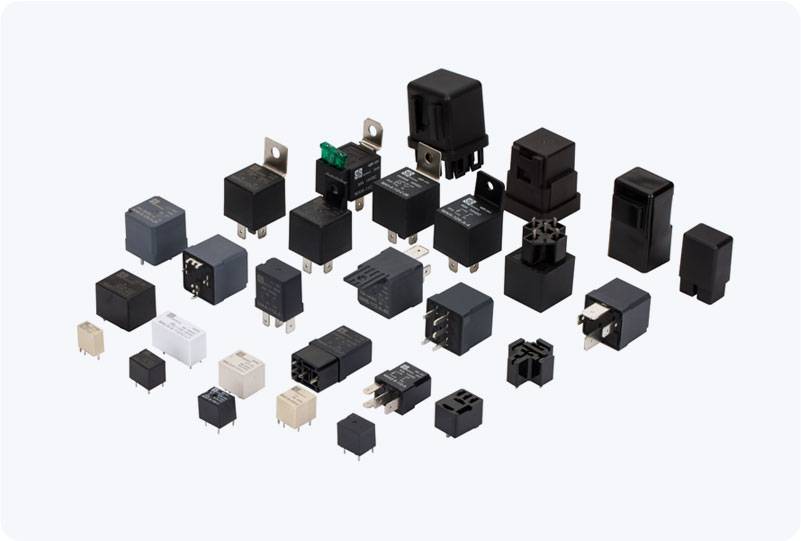understanding motor starter relay: essential for efficient motor control
Release time:2025-11-13 09:30:27
A Motor Starter Relay plays a pivotal role in ensuring that electric motors operate smoothly, safely, and efficiently. From industrial machinery to home appliances, electric motors are everywhere. The motor starter relay is a key component in controlling motor operations, providing essential protection, and ensuring long-term durability. This article will explore what a motor starter relay is, how it works, its types, applications, and why it’s indispensable in motor control systems.

What is a Motor Starter Relay? At its core, a motor starter relay is an electromagnetic switch used to control the operation of an electric motor. It connects or disconnects the motor’s power supply, enabling the motor to start, stop, and be protected from issues like overloads and electrical faults. These relays are commonly found in industrial control systems, HVAC units, and home appliances where electric motors are used. Motor starter relays are designed to handle the high inrush currents that occur when an electric motor starts. Without this component, motors could be damaged or overloaded during the startup phase, which typically requires a significant amount of current.

